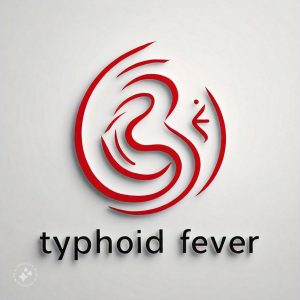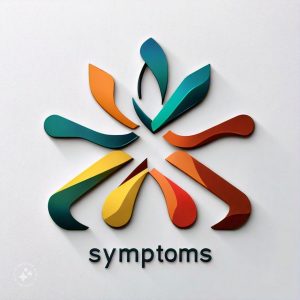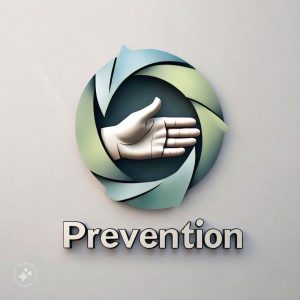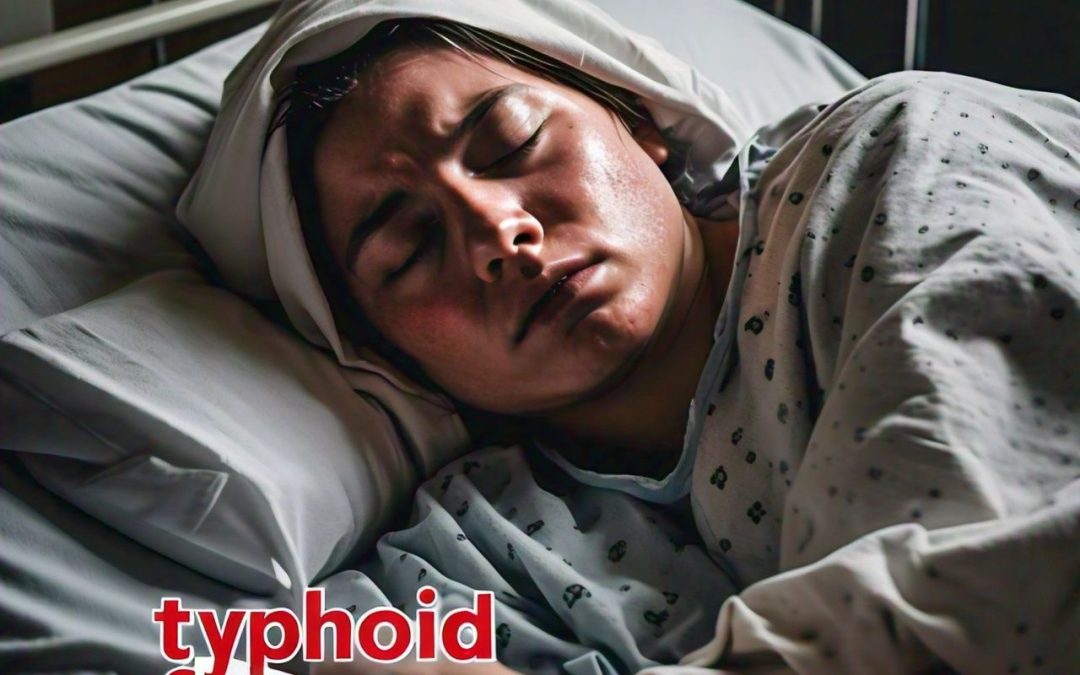In the scorching heat of a relentless battle, a warrior emerged. Meet Maya, “The Movement Visionary PyroPinnacle”, who refused to let Typhoid fever extinguish her flame. With each feverish night, her determination blazed brighter, fueling her quest for triumph. As the disease sought to claim her body, Maya’s unyielding spirit summoned the strength to rise, to move, and to conquer.
With every step, every gesture, and every breath, Maya defied the odds, shattering the chains of despair. Her journey was a testament to the human spirit’s capacity to overcome, to adapt, and to thrive. As she ascended the PyroPinnacle, the pinnacle of health and wellness, her story inspired a movement. Others joined her quest, forming a legion of warriors who refused to let Typhoid fever silence their roar.
Together, they rose, a phoenix from the ashes, their collective flame illuminating the path to victory. Maya’s tale was a siren’s call, beckoning all to join the movement, to embrace their inner PyroPinnacle, and to never surrender to the ravages of disease. With each triumph, the movement grew, a wildfire of hope and resilience that would forever change the landscape of Typhoid fever. The battle was far from over, but with Maya leading the charge, the outcome was certain – victory would be theirs, and the world would never be the same.
What is Typhoid Fever?

Typhoid fever: A bacterial infection caused by Salmonella Typhi, spread through contaminated food and water or close contact, causing fever, headache, fatigue, and abdominal symptoms, potentially leading to severe complications if untreated.
Causes

– Bacteria called Salmonella typhi, which is usually found in human waste
– Contaminated food or water
– Close contact with someone who is infected
– Raw milk products and other products made from raw milk
– Ice made from contaminated water
– Contaminated sewage water
– Unhygienic food handling
– Not washing your hands after going to the toilet or before eating food
– Eating raw vegetables fertilized with human waste
– Having oral or anal sex with someone who is a carrier of the bacteria
– Eating seafood from waters contaminated with infected human waste
Symptoms

– High fever that can last for weeks if left untreated
– Headache
– General aches and pains
– Weakness and fatigue
– Muscle aches
– Stomach pain
– Diarrhea or constipation
– Rash (rose-colored spots on the trunk and extremities)
– Cough
– Loss of appetite
– Sweating
– Chills
– Confusion
Prevention

1. Vaccination: Get vaccinated against typhoid fever, especially if you travel to areas where the disease is common.
2. Safe water: Drink safe water, boiled or treated with disinfectants.
3. Food handling: Ensure proper food handling, storage, and cooking.
4. Hygiene: Practice good personal hygiene, washing hands regularly.
5. Avoid close contact: Avoid close contact with people who are infected.
6. Avoid raw milk: Avoid consuming raw milk or products made from raw milk.
7. Avoid contaminated food: Avoid eating food that may be contaminated with sewage or human waste.
8. Proper sewage disposal: Ensure proper disposal of human waste and sewage.
9. Cleanliness: Keep your environment clean and free of sewage contamination.
10. Public health measures: Support public health measures to prevent and control typhoid fever outbreaks.
Complications

1. Intestinal bleeding or perforation
2. Inflammation of the gallbladder (cholecystitis)
3. Inflammation of the pancreas (pancreatitis)
4. Kidney failure
5. Meningitis (infection of the lining around the brain and spinal cord)
6. Endocarditis (infection of the heart valves)
7. Osteomyelitis (infection of the bone)
8. Septicemia (blood poisoning)
9. Hepatitis (inflammation of the liver)
10. Pneumonia
Treatment

– Antibiotics: The most effective treatment for typhoid fever is antibiotic therapy. The specific antibiotic used will depend on the severity of the infection and the location where the infection was contracted.
– Fluids and rest: To prevent dehydration, it is important for patients with typhoid fever to drink plenty of fluids and get plenty of rest.
– Surgery: In cases where the intestines have been damaged, surgery may be necessary.
– Steroids: In severe cases of typhoid fever, steroids like dexamethasone may be prescribed.
– Pain relief: Non-steroidal anti-inflammatory drugs (NSAIDS) like ibuprofen (Advil or Motrin), naproxen sodium (Aleve) and acetaminophen (Tylenol) may be used to manage pain and fever.

